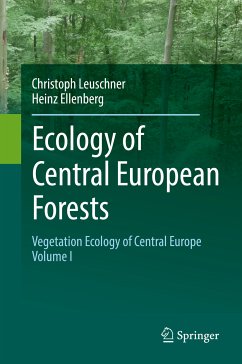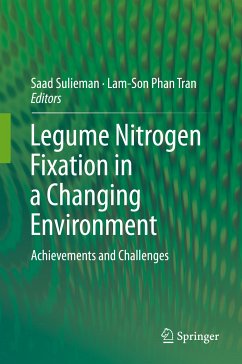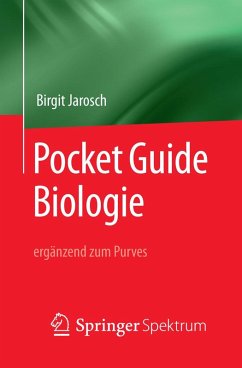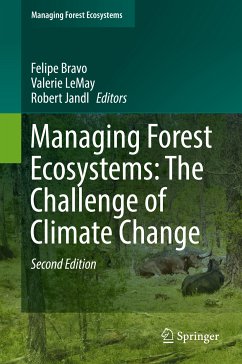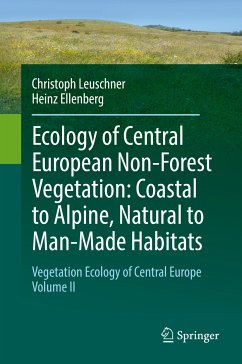
Ecology of Central European Non-Forest Vegetation: Coastal to Alpine, Natural to Man-Made Habitats (eBook, PDF)
Vegetation Ecology of Central Europe, Volume II
Versandkostenfrei!
Sofort per Download lieferbar
272,95 €
inkl. MwSt.
Weitere Ausgaben:

PAYBACK Punkte
136 °P sammeln!
A comprehensive overview and up-to-date synthesis of Central Europe's open land (non-forest) vegetation including about 3000 references
Gives a complete account of all non-forest vegetation types such as dunes and saltmarshes, mires, ponds and rivers, and alpine vegetation, as well as managed grasslands, heaths, arable and ruderal communities, and urban vegetation, analysing their structure, community ecology, biogeochemistry and dynamics
Includes nearly 500 informative figures, tables and photographs
Dieser Download kann aus rechtlichen Gründen nur mit Rechnungsadresse in A, B, BG, CY, CZ, D, DK, EW, E, FIN, F, GR, HR, H, IRL, I, LT, L, LR, M, NL, PL, P, R, S, SLO, SK ausgeliefert werden.



